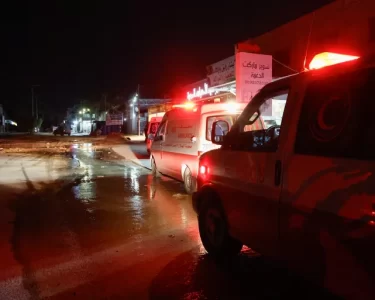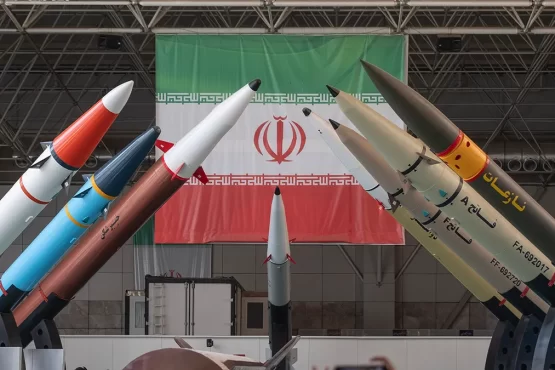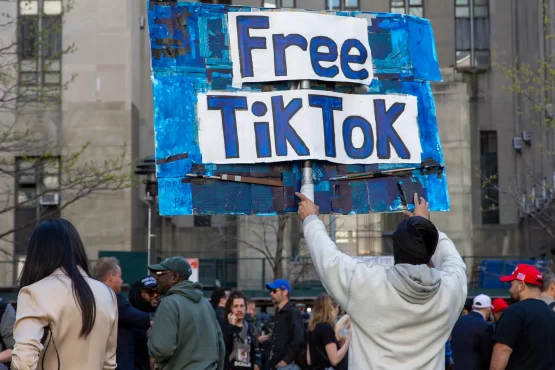Israeli airstrikes on Monday killed at least 182 people in Lebanon, marking the deadliest day of conflict since the 2006 Israel-Hezbollah war, according to Lebanese officials. The Israeli military has expanded its air campaign against Hezbollah, warning residents in southern and eastern Lebanon to evacuate their homes.

The Israeli military reported striking approximately 300 targets on Monday, stating they were targeting Hezbollah weapons sites. However, some strikes hit residential areas in southern towns and the eastern Bekaa Valley. One attack reached as far as Byblos in central Lebanon, over 80 miles north of the border.
Rear Adm. Daniel Hagari, an Israeli military spokesman, announced the expansion of airstrikes to include areas of the Bekaa Valley along Lebanon’s eastern border. The valley has long been a stronghold for Hezbollah, where the group was founded in 1982 with assistance from Iran’s Revolutionary Guards.

In response to the Israeli attacks, Hezbollah claimed to have fired dozens of rockets at an Israeli military post in Galilee. The group also targeted facilities of the Rafael defense firm in Haifa for the second consecutive day.
The escalation has triggered a mass exodus from southern Lebanon, with thousands fleeing northward. The main highway from the southern port city of Sidon was congested with vehicles heading towards Beirut, reminiscent of the large-scale displacement during the 2006 conflict.

Lebanese health officials reported that more than 400 people were wounded in addition to the 182 killed. The Health Ministry has instructed hospitals in southern Lebanon and the eastern Bekaa Valley to postpone non-urgent surgeries to prepare for potential casualties from “Israel’s expanding aggression on Lebanon.”
Earlier on Monday, Israel issued a broad warning urging residents of southern Lebanon to evacuate areas where it claimed Hezbollah had stored weapons. This marked the first such warning in nearly a year of steadily escalating conflict.
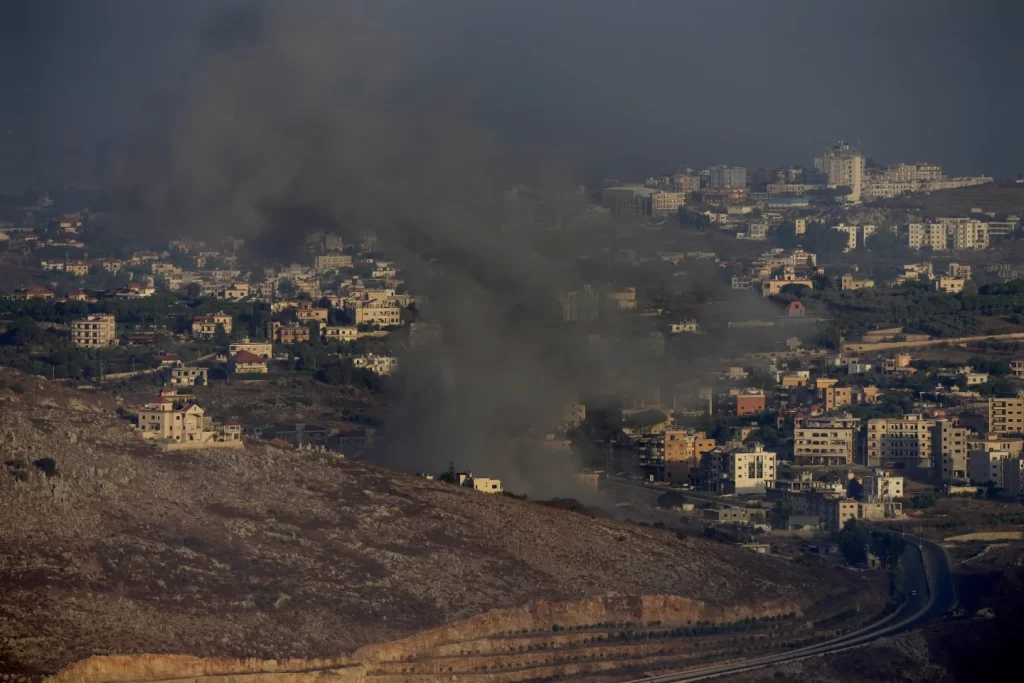
The increasing strikes and counterstrikes have heightened fears of a full-scale war, even as Israel continues its operations against Hamas in Gaza and attempts to secure the release of hostages taken during Hamas’ October 7 attack.
An Israeli military official, speaking on condition of anonymity, stated that Israel is currently focused on aerial operations with no immediate plans for a ground invasion. The official emphasized that the strikes aim to curtail Hezbollah’s ability to launch attacks into Israel.
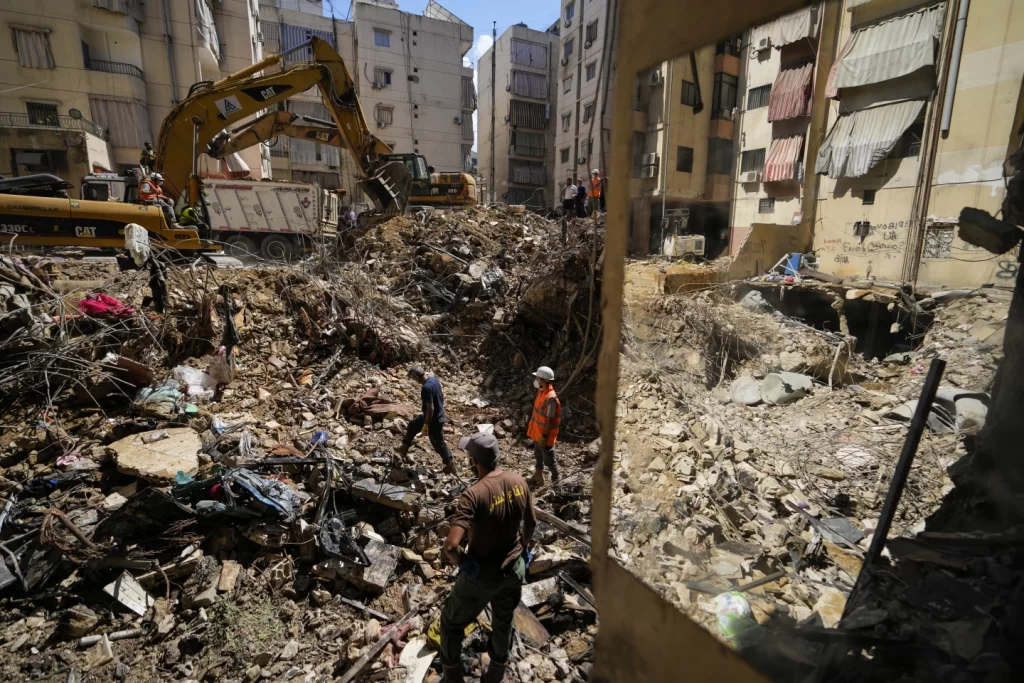
The conflict has already resulted in hundreds of deaths in Lebanon, dozens in Israel, and the displacement of tens of thousands on both sides of the border. It has also caused extensive brush fires, destroying agriculture and scarring the landscape.




